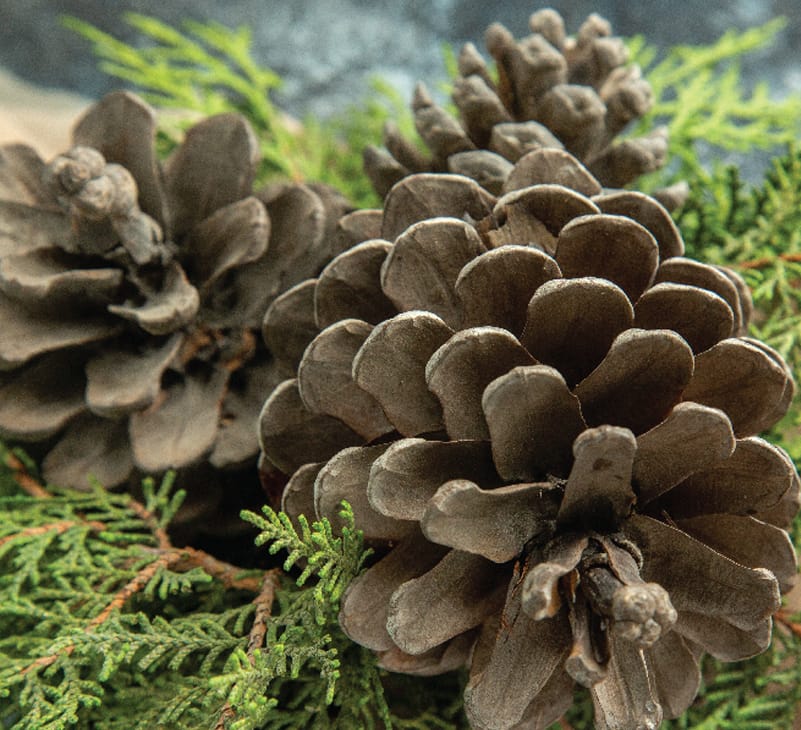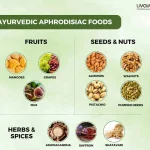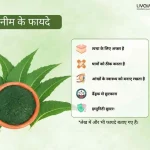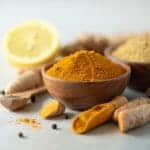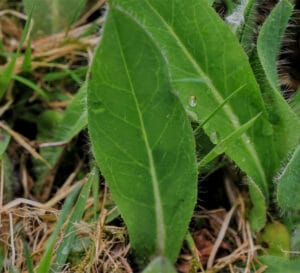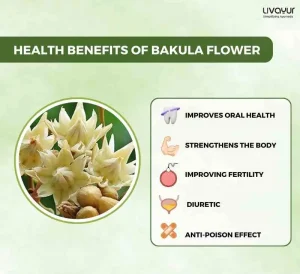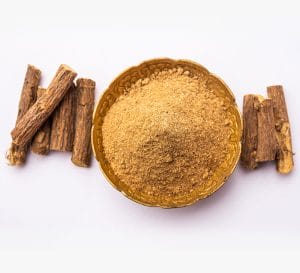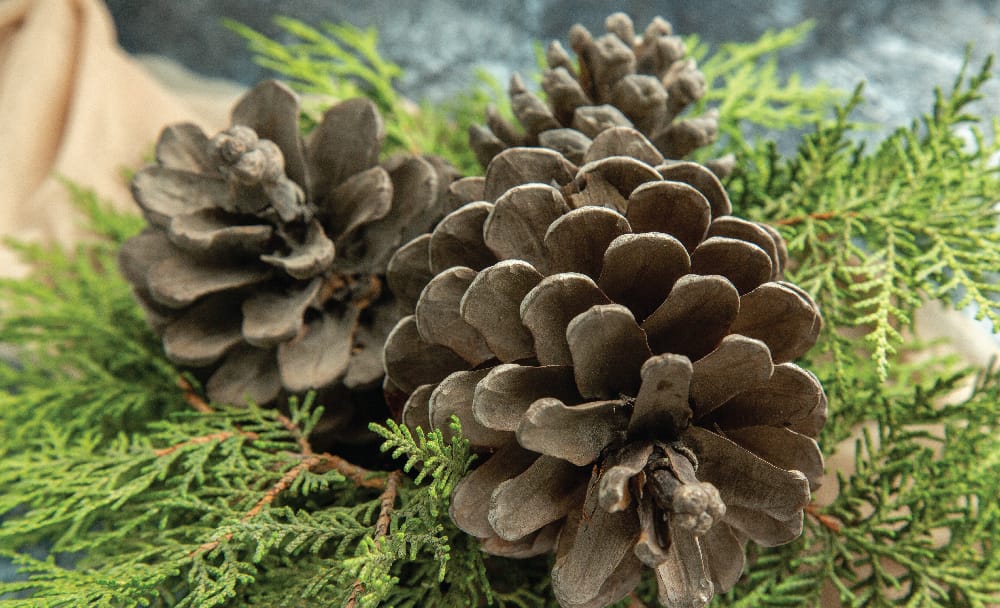
When it comes to natural or plant-based medicine, there is no better source of information than Ayurveda. It is only in recent decades that researchers have begun exploring the health benefits of Ayurvedic herbs in clinical studies and one herb of great interest is Devadaru. The herb, which has long been used in traditional Ayurvedic medicine, is increasingly recognized for its therapeutic potential. Commonly known as deodara, Devadaru literally translates to ‘Wood of Gods’, a name that makes a lot more sense as we explore and understand the various deodar tree benefits for health.
Classification of the Herbal Plant
According to Ayurveda, some essential features of the cedrus deodara also known as Devadaru tree include its Laghu and Snigdh (light and slimy) nature with a Tikta Rasa (bitter taste) and Ushan Virya (hot potency).
The Laghu and Snigdha nature of the deodar tree gives it its detoxifying properties and benefits the body by alleviating pain and discomfort caused by certain lifestyle complications. Tikta Rasa of the herb helps pacify the Kapha and Pitta Doshas while purifying blood and fighting infections in the body. Lastly, the Ushan Virya possesses Vata and Kapha Hara properties, which means that it helps pacify the Vata and Kapha Dosha and ensures good overall health.
Ayurvedic Indications Of Deodar
Deodar is a powerful remedy for alleviating painful muscle spasms, sore muscles, and inflammatory conditions, including arthritic issues. In Ayurveda, it is particularly effective against Rheumatoid arthritis, or Amavata, which arises from an imbalance of the Vata dosha and the accumulation of Ama in the joints. Its therapeutic properties help address these ailments and support joint health.
Phytochemical Constituents of Deodar
Deodar, or Cedrus deodara has been used in traditional medicine and as a timber tree, and its phytochemical constituents contribute to its diverse applications.
Here are some notable phytochemical constituents found in Deodar:
- Terpenes
- Flavonoids
- Phenolic Compounds
- Lignans
- Essential Oils
- Glycosides
- Saponins
Health Benefits of Devadaru
1. Enriched with Antioxidants
Nearly all the parts of the herbal devadaru tree are enriched with antioxidants that help strengthen the immune system and keep diseases at bay. Essential oils extracted from this plant contain antioxidants that greatly benefit the skin by lightening skin tone and reducing fine lines & wrinkles by tightening the skin tissues.
2. Natural Sedation Medicine
Essential oils extracted from the bark of the deodar tree have been found to have sedative properties that calm the brain and nervous system. External massage with deodar oil is reported to help with anxiety, insomnia and even depression in some cases.
3. Calming Effects
In ancient times, sages would sit under a deodar tree to meditate as it would induce relaxation. Similarly, in the modern world, Devadaru is widely used in aromatherapy. It is said to relieve stress by inducing a sense of calm and relaxation.
4. Enhances Skin Health and Speeds Wound Healing Process
Oil extracted from the this flower has anti-allergic and anti-inflammatory properties. When applied topically to wounded areas, it ensures that there’s no infection and boosts the healing process. A mixture of Devadaru, Guggulu and turmeric is recommended to treat fungal skin infections.
5. Restricts Toxin Formation in the Body
Ama or toxins build up in the body as a result of poor diet and lifestyle choices. Accumulation of Ama can pave the way for serious health complications. Therefore, getting rid of the body toxins is extremely crucial. This flower can help prevent the formation of such harmful toxins in the body.
Devadaru and its Positive Effect on Certain Health Conditions

1. Diabetes
Studies have found that this herb may help diabetics manage their blood sugar levels by stimulating insulin secretion. This is one of the most prominent devadaru benefits.
2. Gastro-Intestinal Diseases
It is rich in certain organic compounds that can help relieve constipation and other digestive problems effectively.
3. Osteoarthritis
According to Ayurveda, osteoarthritis results from aggravated Vata Dosha. Devadaru holds Vata pacifying properties and relieves the symptoms of the condition such as pain, swelling in the joints and restricted movements.
4. Malaria
Extensive researches have found that essential oils extracted from this flower effectively act against certain malaria-causing mosquitoes and conclude that the herb holds anti-malaria properties.
Effect On Doshas
Deodar is known for its Ushna Virya, meaning it has a warming effect, and its Katu Vipaka, which imparts a pungent taste in its metabolic process. The bioactive compounds in this herb help to balance the Kapha (earth and water) and Vata (air) doshas. However, excessive use can lead to an aggravation of the Pitta (fire and air) doshas.
Deodar Dosage
For Devdaru, the recommended dosage is as follows:
- Powder: Take ¼ to ½ teaspoon twice daily.
- Capsules: Take 1 to 2 capsules twice daily.
It is recommended to consult an Ayurvedic practitioner before taking the dosages.
Side Effects
Due to its powerful bioactive compounds, the Deodar tree typically shows no adverse effects when used in appropriate amounts. Nevertheless, it is essential to consult a registered medical practitioner or an Ayurvedic doctor before use.
Conclusion
For centuries, the revered cedrus deodara tree has been utilized for its therapeutic and commercial benefits. Its combination of essential bioactive components and healing properties establishes it as a vital herbal remedy for a range of health issues.
Disclaimer
This article is from a health and wellness perspective only and does not constitute medical advice. Kindly seek the help of a trained medical practitioner before initiating any treatment.
FAQs
- What are the various deodar wood uses?
Deodar timber is extensively utilized in various applications, including the construction of buildings, bridges, canals, and railway sleepers. It is also employed in making carriages, poles, furniture, storage vats for beer, packing cases, and musical instruments.
2. Which part of the Deodar tree is used for therapeutic purposes?
The deodar tree offers a range of medicinal benefits. Its essential oil and extracts are used to manage conditions such as high blood sugar, insomnia, asthma, skin infections, hair issues, joint pain, and microbial infections.
3. Can deodar trees be used for aromatherapy?
Yes, the essential oil from the deodar trees, with its calming aroma, is used in aromatherapy to promote relaxation, reduce stress, and create a soothing environment.
References:




